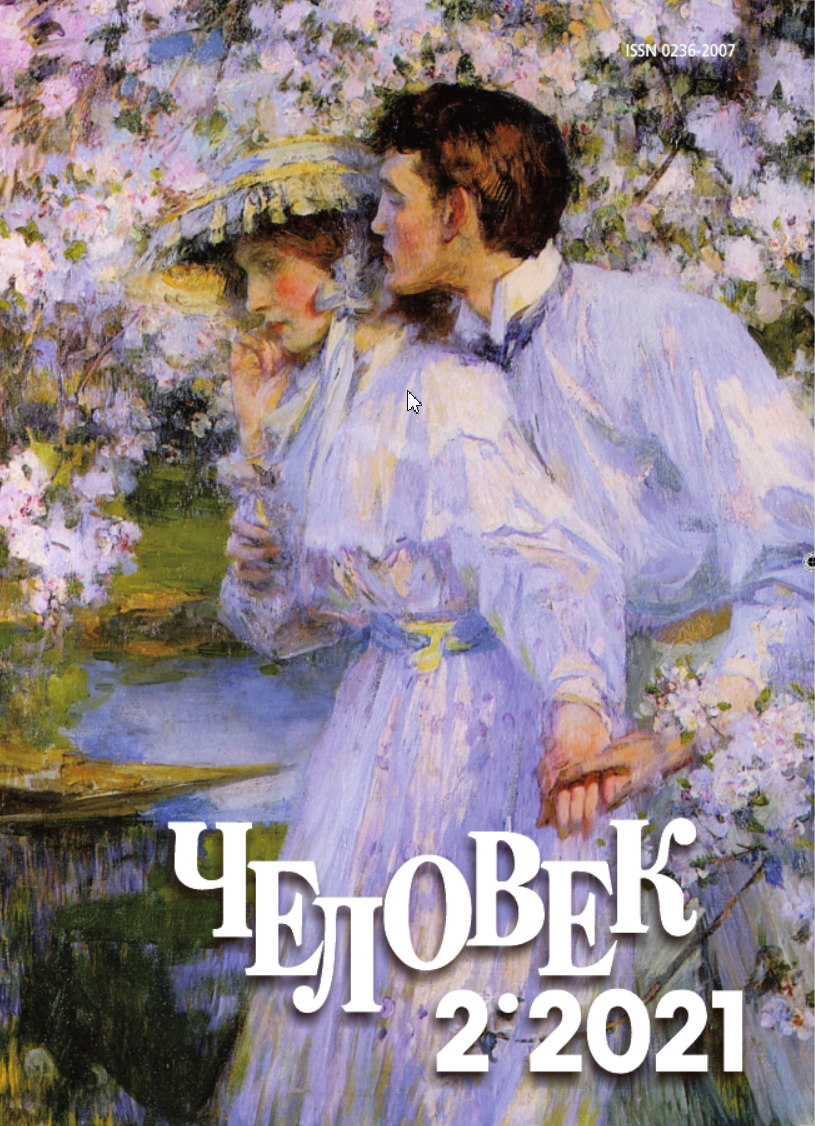The Phenomenon of Modern Childhood
Keywords:
modern childhood, the phenomenon of modern childhood, philosophy of education, education of childrenAbstract
Modern childhood is a complex combination of interactions and contexts associated with the digital environment, unrestricted overcoming of the spatiotemporal framework in the field of digitized information and virtual reality, advanced development of technological innovations, overcoming of cultural and communicative barriers in the virtual web environment. These factors affect the specificity of modern childhood in the context of educational practices. In philosophy, childhood has traditionally been considered as a stage of human life in the context of the time concept, in the context of the conceptualization of adulthood and the period of becoming an adult. Often children are considered not as inferior adults, aspiring for complexity and perfection, but in connection with the justification of the inherent value of childhood. In philosophical and psychology and pedagogical papers, childhood is studied from the perspective of normativity and autonomy. Growing up is defined as a stage of a significant increase in the autonomy and expansion of the subjective space of the child, at the same time, growing up is associated with a decrease in arbitrariness and spontaneity, an increase in social significance and an increase in dependence on social norms. In such conditions, the question arises whether the autonomy of the child (student) from the adult (teacher) is possible in the context of educational practices. This question is one of the research topics of the international movement "Philosophy for Children", which sought to bring philosophical foundations to the practice of children's education, based on the well-known attitude that no one teaches anyone, a person teaches himself through involvement in relations with the world. As a source of education, the authors of the movement, seeking to introduce infants to philosophizing, offer dialogical relations established between teachers and students, suggesting the rejection of the hierarchy of relations and the maximum freedom. However, modern educational realities in the conditions of merging of formalization and organized order with internal tendencies to freedom and spontaneity create new collisions that require resolution. Neoliberal education focuses on the child, while often focusing on the regulation of the learning process and maintaining authoritarian and unidirectional methods of control, declaring the transition to a new paradigm, the center of which is the child and his interests, but at the same time preserving the tools and means of quality control of classical education. In such conditions, the key points in the educational paradigm are the cooperative search for a compromise between "freedom and necessity" and "creativity and responsibility".






